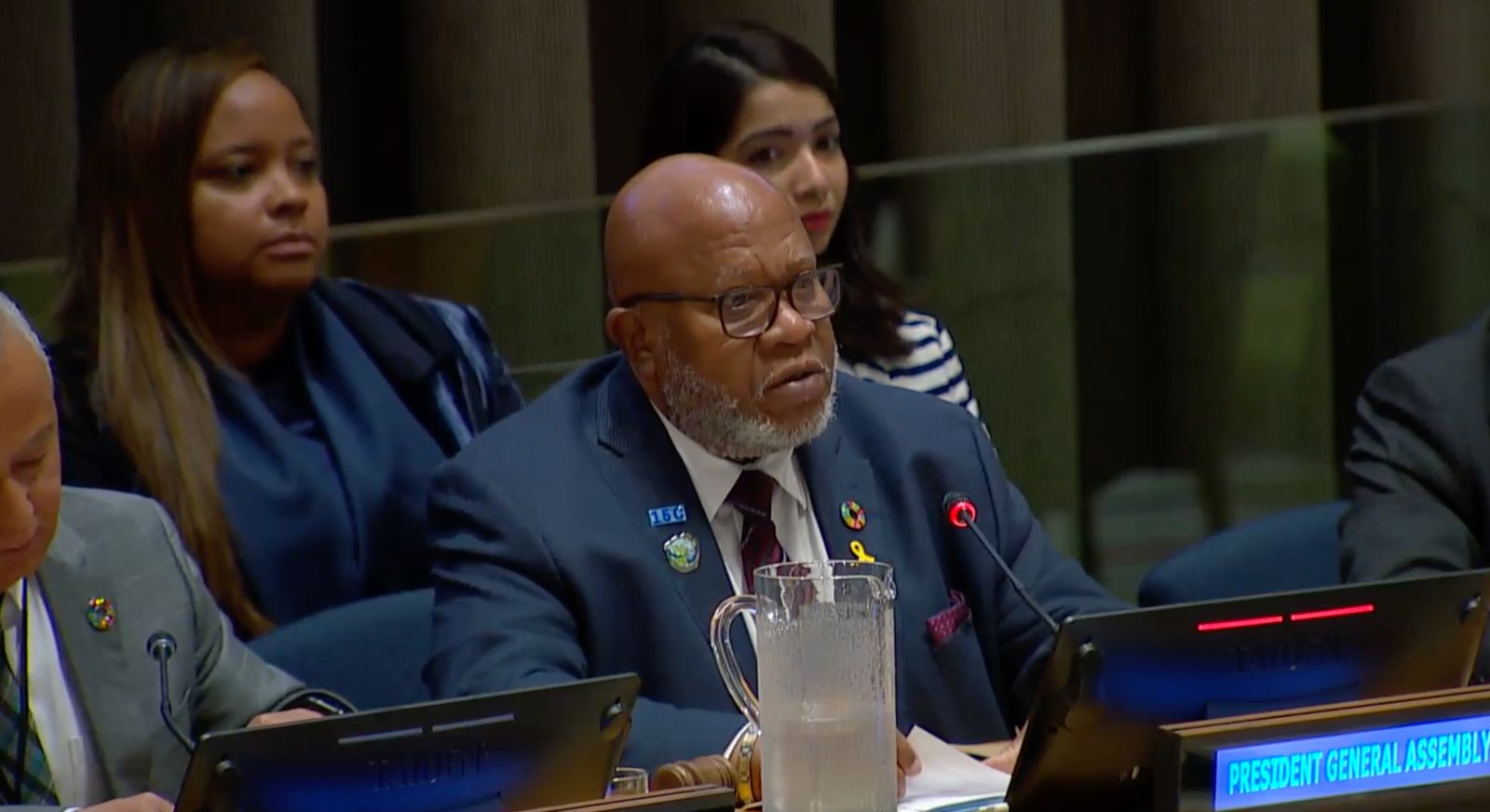
GA-ECOSOC Thematic Event “El Niño 2023-2024: Actions for the safety, sustainability and resilience of people and the planet”
El Niño is a naturally occurring phenomenon involving warming temperatures in the central and eastern equatorial Pacific, coupled with changes in the atmosphere. It occurs every two to seven years and typically lasts 9 to 12 months, having widespread impacts on weather patterns around the world, particularly for Latin America and Caribbean States, Asia-Pacific States and African States.
The 2015-2016 El Niño affected more than 60 million people, with severe drought and associated food insecurity, flooding, rains and temperature rises causing a wide range of health problems, including disease outbreaks, malnutrition, heat stress and respiratory diseases.
This one-day dedicated thematic event will consider the improved opportunities that recent advancements in climate predictions bring and the range of actions required to turn enhanced scientific predictability into global, regional, national and local level plans and actions that minimize and address the socioeconomic and environmental impacts of the 2023-2024 El Niño phenomenon conditions on affected countries.
The event will commence with an opening segment and a fireside chat, followed by a plenary segment, two panels and a closing. Panel 1 will focus on: Actions to reduce El Niño 2023/24 risks and Panel 2 will focus on: Long-term strategies to create the enabling institutional and policy environment required to take effective action.
The meeting will be broadcast live on UN WebTV.
PROGRAM
Remarks by the President of the General Assembly, Mr. Dennis Francis,
at the GA-ECOSOC joint one-day dedicated thematic event, El Niño 2023-2024: Actions for the safety, sustainability and resilience of people and the planet
Key documents
El Niño transcends national borders with an impact beyond its environmental and climatic repercussions on other sector of economy, and the disruptions to global supply chains.
Siloed approaches will not bear any fruit.
It requires a unified response from countries, relevant Government stakeholders – working with affected communities.
